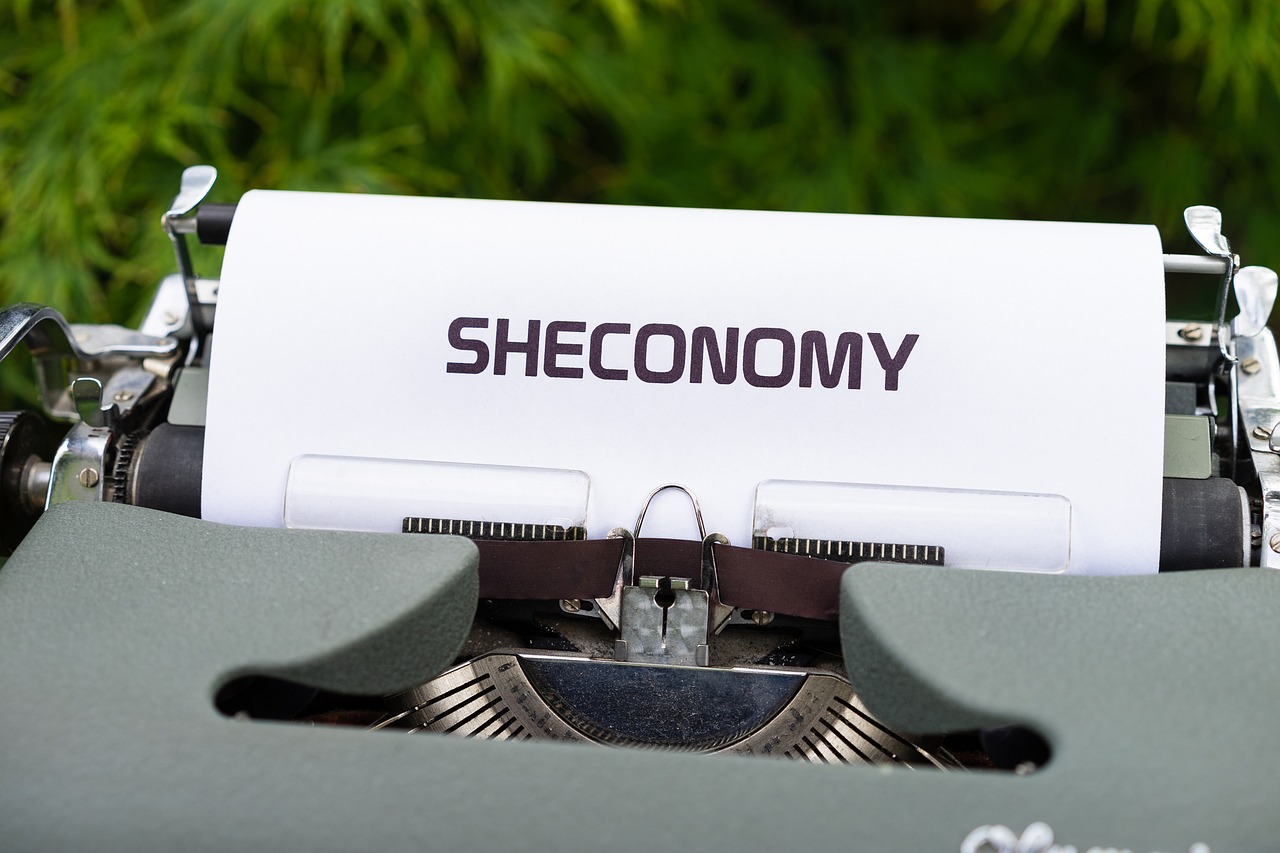As’salamuُ Alaikُum wْaً Rehmatُullahiِ wْaُ-Barkatُuhuُۃ
The presence of active women traders in the Indian market is swiftly on the rise. The count of accounts initiated in their name as well as the active accounts under their ownership have shown a notable increase. It’s not just about opening accounts; women are actively engaging in the capital markets, with a whopping 75 percent year-over-year growth in accounts initiated by women investors as of January 31, 2024. Currently, women constitute 30 percent of the active traders on various platforms. This surge in women’s participation could be attributed to the expanding investable corpus for individuals. Unlike real estate, even small sums of money can be invested in equities, hence attracting more traders. Trading offers flexibility in terms of location and timing, prompting many women to explore this career path. Women, by nature, are inherently curious and seek to enrich their lives. Trading allows them to work from home and earn income. A few years ago, brokerage fees used to be exorbitant, resulting in lower profits. However, with increased competition, brokerage fees have decreased.
Women can be exceptional investors. Studies consistently demonstrate that women outperform men in investing. When Fidelity scrutinized their investors’ data, they discovered that women’s investments surpassed men’s by 0.4 percent. Before investing, women often conduct thorough research and construct a diversified portfolio to maximize gains and minimize risks.They generally prioritize long-term expansion over short-term profits.. Conversely, research indicates that men often make impulsive, short-term investment decisions based on hype and spend less time researching their investments.
When women manage their finances or household budgets, they tend to allocate a significant portion to savings for future security. According to a 2017 Fidelity survey, female respondents saved an average of 9 percent of their annual paychecks, compared to 8.6 percent saved by male respondents. These findings contradict stereotypes about women being irresponsible with money and instead highlight their tendency to prioritize stability and long-term planning, leading to sound investment decisions.
Historically, Islam has advocated for the independence of women in education, trade, and finances. Historical accounts show that Muslim women were actively involved in trade and business centuries ago. For instance, the wife of Prophet Muhammad (peace be upon him) was a highly successful businesswoman. Islam has always provided legal protections for women to safeguard and grow their finances, ensuring their rights in marriage, inheritance, and succession. Halal investing is rooted in faith and encourages Muslim women to view their wealth as a divine blessing that must be ethically shared and managed. In Islam, women and business are not mutually exclusive, as evidenced by their active participation in the business world throughout Islamic history.

